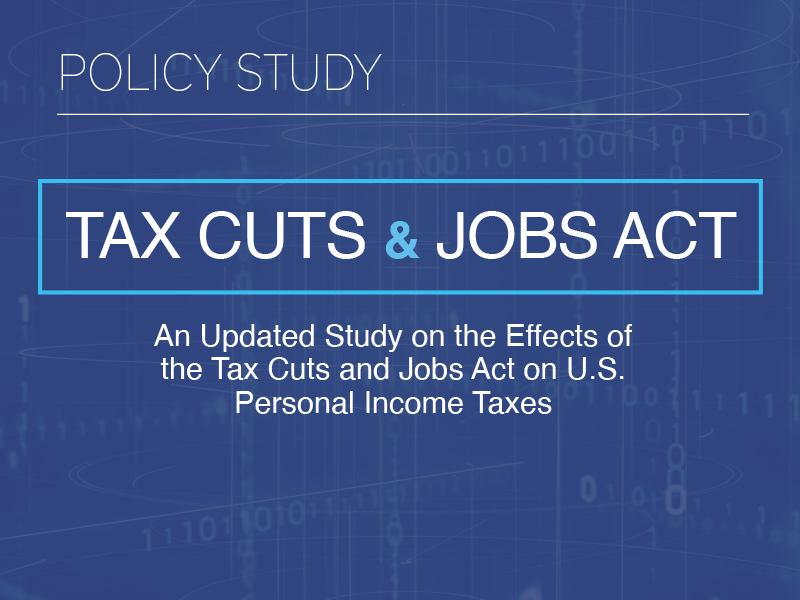When Rep. Alexandria Ocasio-Cortez, D-N.Y., proposed a 70% rate on personal income of more than $10 million, one could easily anticipate this was just the beginning of the calls to soak the rich. As expected, former San Antonio Mayor Julian Castro noted approvingly that “There was a time in this country where the top marginal tax rate was over 90%.”
Given how much money would be required to pay for Ocasio-Cortez’s Green New Deal, a 90% tax rate on all income would not even come close to paying for all the federal freebies.
Supporters of Ocasio-Cortez hastened to explain that 70% would be a marginal tax rate, applying only to income over $10 million. And it would apply only to earned income, not to capital gains and dividends, which are taxed at a much lower rate. Journalist and latimes.com blogger Michael Hiltzik says because “the wealthy” receive more than half their taxable income as capital gains or dividends, “Someone with $100 million in income would still only be paying about 67%.”
That’s good news for Warren Buffett, chairman of Berkshire Hathaway. Not long ago, Buffett disclosed that on his $27 million income he paid a lower tax rate than his secretary. Warren Buffett’s net worth was about $84 billion in 2018, according to Forbes. So even if he were taxed at a 67%, or 70%, or even a 100% rate on his income, it would amount to only a pittance of his wealth, and raise only pocket change compared to the redistributionist requirements of social justice.
So how did Buffett gain a net worth of $84 billion with an income of only $27 million?
Warren Buffett: Useful Wealth
In reality, Buffett’s $84 billion in wealth consists mainly of “unrealized” capital gains — the gain in market value of his shares in Berkshire Hathaway. Unless he sells his shares — “realizing” his gains — his wealth will not be taxed during his lifetime. If he passes his wealth on to heirs, it could be subject to the estate tax. Instead, he plans to give almost all of it away — thus depriving the government of much of that potential $84 billion in revenue.
But Buffett’s billions would not be safe from Sen. Elizabeth Warren, D-Mass. She understands that income is different from wealth — which would escape getting caught in the government’s tax net, even at the highest marginal tax rates. She has proposed a 2% annual tax on wealth above $50 million, and an additional 1% tax on wealth above $1 billion — in addition to the income tax.
In doing so, she has outdone Ocasio-Cortez. Warren proposes to take capital out of the hands of people like Warren Buffett.
Capital is the stock of what has been saved, rather than consumed, in society. In earlier times, it was literally the seed corn, the portion of the harvest that was saved to plant the next year’s crop, rather than eaten during the lean months of winter. Warren proposes to take the seed corn and have the government redistribute it, so that people may consume it.
Today, capital is not idling in the warehouse, or even the gold vault. It is out there, in society, supporting production and the workers who produce. As The Wall Street Journal’s Richard Rubin notes, “Ms. Warren said the money could be used for child care, relief of student-loan debt, environmental initiatives or health care.”
Taxing Away Capital
That is, the government would tax away the capital in the hands of the wealthy and redistribute the money to others so that they can increase their consumption.
Though the government would have more revenue to spend, each year there would be less capital to invest — fewer Buffett-owned Nebraska Furniture Marts employing hundreds of people, for example. With less capital, the economy would grow less rapidly, and there would be less income, and less wealth, for the 99%.
The socialist Left thinks capitalists call high progressive tax rates “unfair” because they are greedy, and want to keep their hands on the proverbial pot of gold. However, high marginal tax rates are “unfair” to everyone. They are especially unfair to people without capital or high incomes, who depend on the savings and investment decisions of others — those entrusted by the marketplace with the capital stock, the seed corn of society.
Problem Of Tax Avoidance
Analysts say a tax on wealth would likely raise much less than the trillions of dollars Warren claims. After all, up to this point the wealthy have been pretty good at tax avoidance. But Warren has a plan to stop them, says Rubin: “She would also seek more money for the Internal Revenue Service to enforce the tax, require minimum audit rates for the wealth tax and create new ways for the government to get information about Americans’ assets.”
“She would also create a 40% exit tax on assets above $50 million for people who renounce their citizenship,” Rubin says.
Warren and Ocasio-Cortez promise free goods paid for by taxes on the wealthy, but ignore the heavy costs this would impose, not just on those with high incomes or great wealth, like Warren Buffett, but on all of us.
[Originally Published at Investor’s Business Daily]





